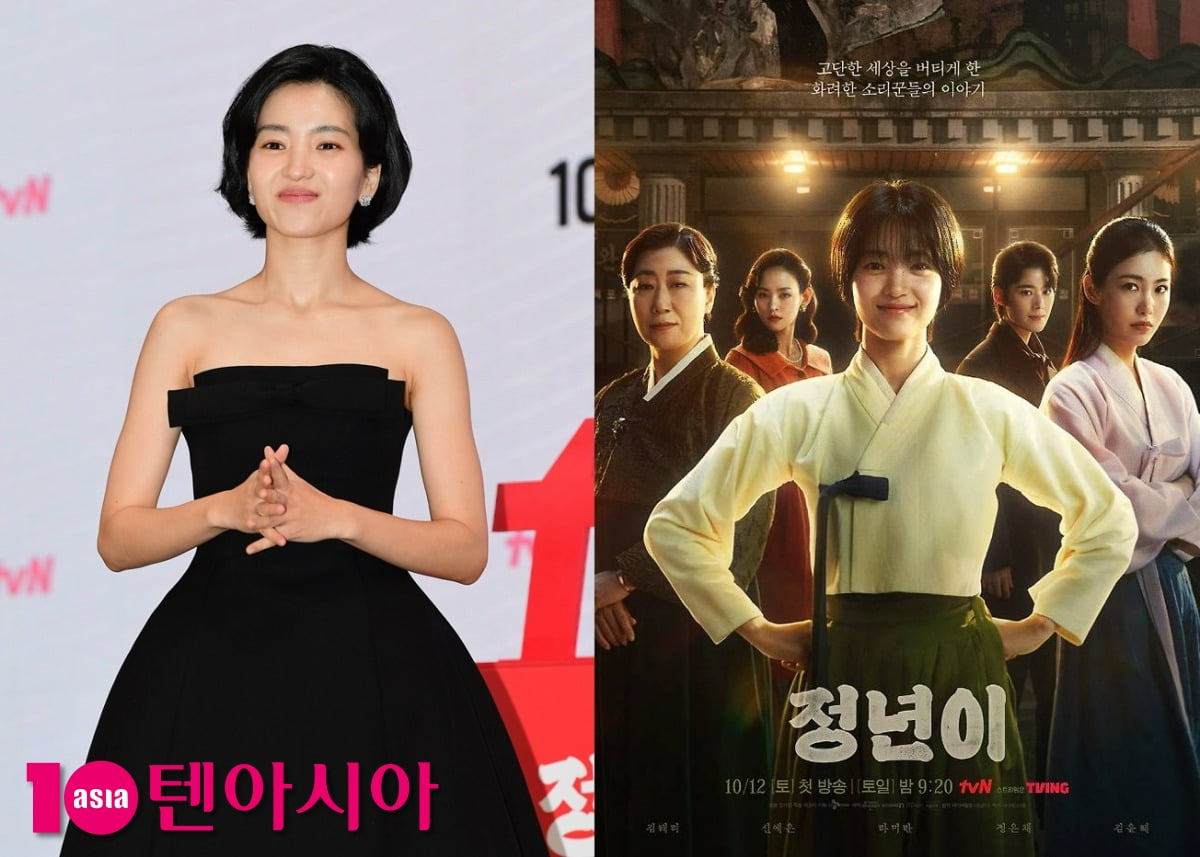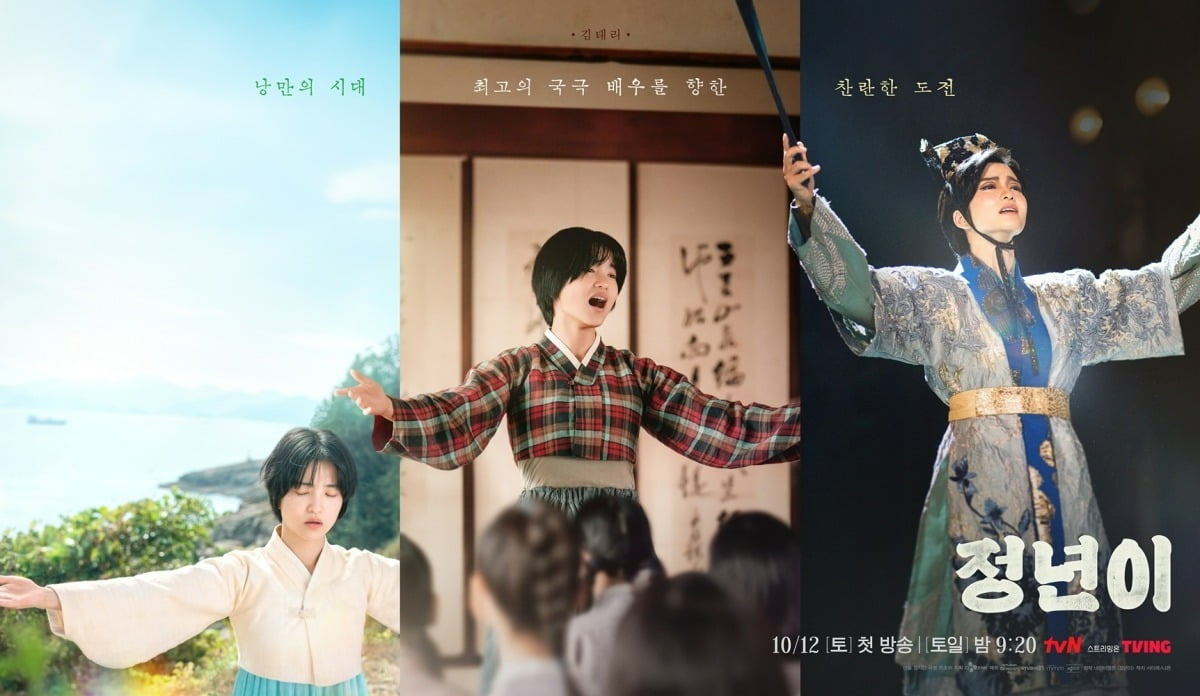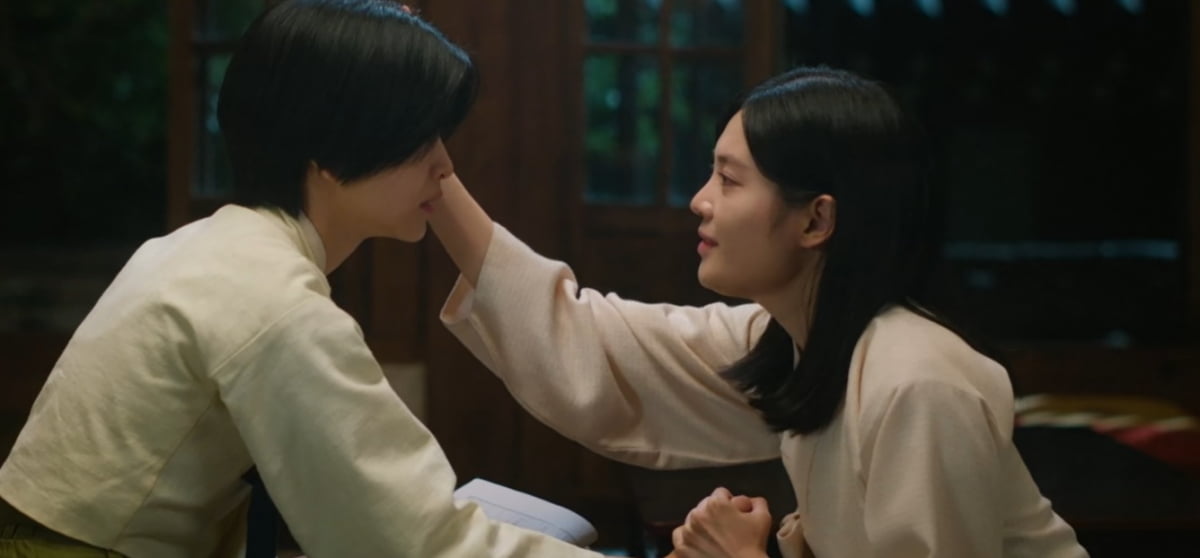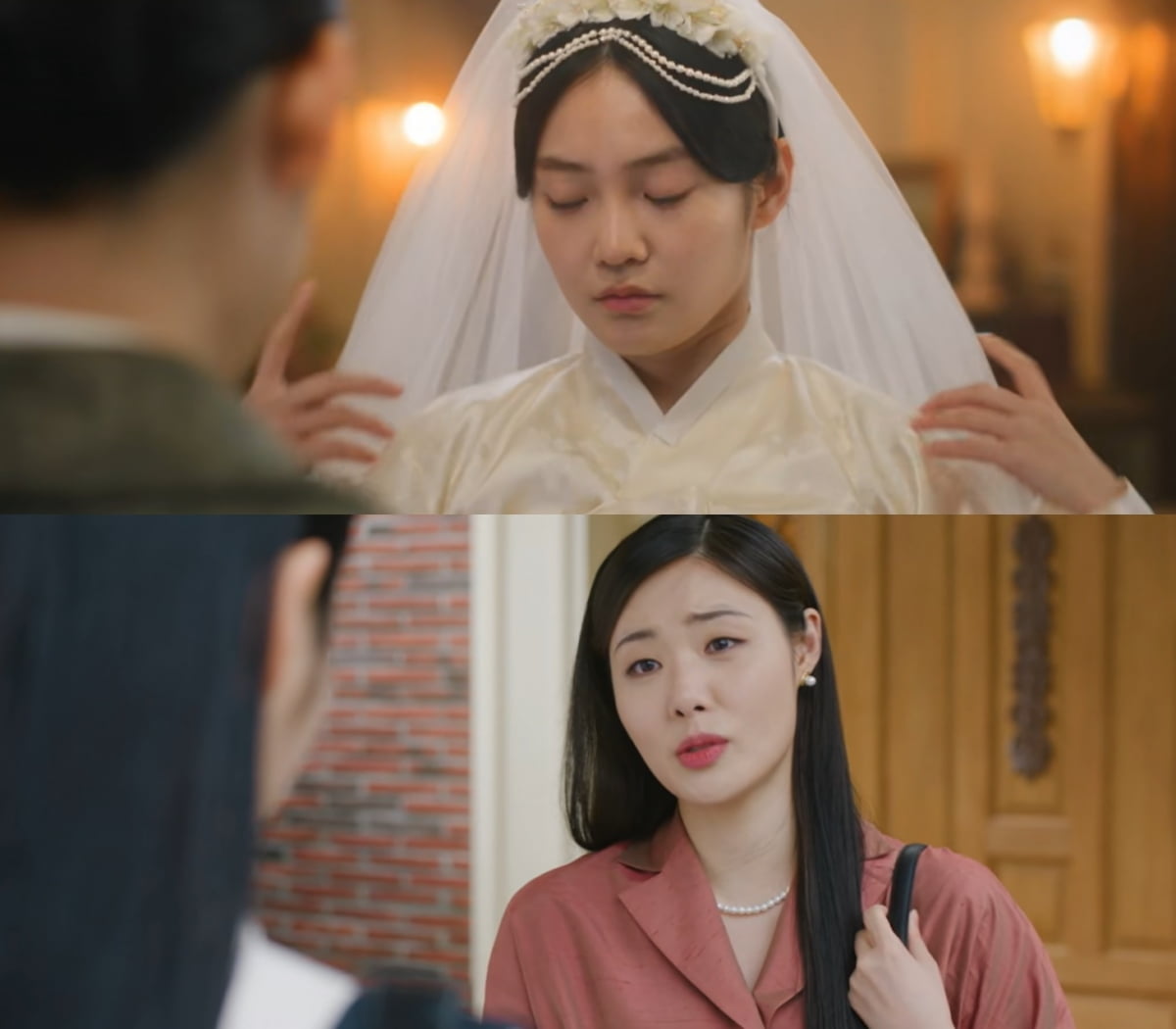TV
Controversial Ending of 'Jeongnyeon: The Star is Born' Sparks Debate

Tae Yuna from TenAsia brings you in-depth analysis of dramas based on firsthand observations. In an era flooded with dramas across numerous channels, we aim to be your eyes and ears.
Was it an attempt to reflect the realistic era while spotlighting the 1950s women's national theater troupe? The protagonist's growth story vanished without a trace, and the portrayal of independent women ultimately culminated in marriage. The drama concluded with a hollow ending, erasing the growth and success of its protagonists.
tvN's weekend drama 'Jeong Nyeon' concluded with a peak viewership rating of 16.5%, marking a successful end. 'Jeong Nyeon' captivated audiences throughout its run with its fresh theme of women's national theater, the solid performances of actors like Kim Tae-ri, Shin Ye-eun, Ra Mi-ran, and Jung Eun-chae, and its diverse spectacles on the national theater stage.

MBC claimed significant losses despite actively participating in pre-production processes such as research, location scouting, and casting. However, the production companies countered, stating, "MBC did not enter into any contracts, including verbal agreements, related to 'Jeong Nyeon', and the production companies were never explicitly informed of a confirmed airing." This rebuttal temporarily settled the dispute.

Viewers also expressed dissatisfaction with the character Jeong Nyeon. Her meddlesome and self-centered behavior, causing trouble for those around her, hindered immersion in the drama. This led to divided opinions among the audience regarding the work.

Particularly troubling was the depiction of Director Sobok (played by Ra Mi-ran) selling the Maeran National Theater building to a Japanese-style brothel to secure funds, and Juran leaving the theater to marry for her family's livelihood, undermining the women's narrative built throughout the series. In the original, Buyong did not marry and reunited with Jeong Nyeon, breaking away from the passive portrayal of women at the time, earning applause. However, the drama concluded with both Juran and Youngseo's sister ending their careers to marry, leaving a sense of emptiness. The setting of the Maeran National Theater building becoming a brothel was also discomforting. The fact that the buyer was a former national theater actress who became a wealthy man's concubine added to the discomfort.

Tae Yuna, TenAsia Reporter youyou@tenasia.co.kr